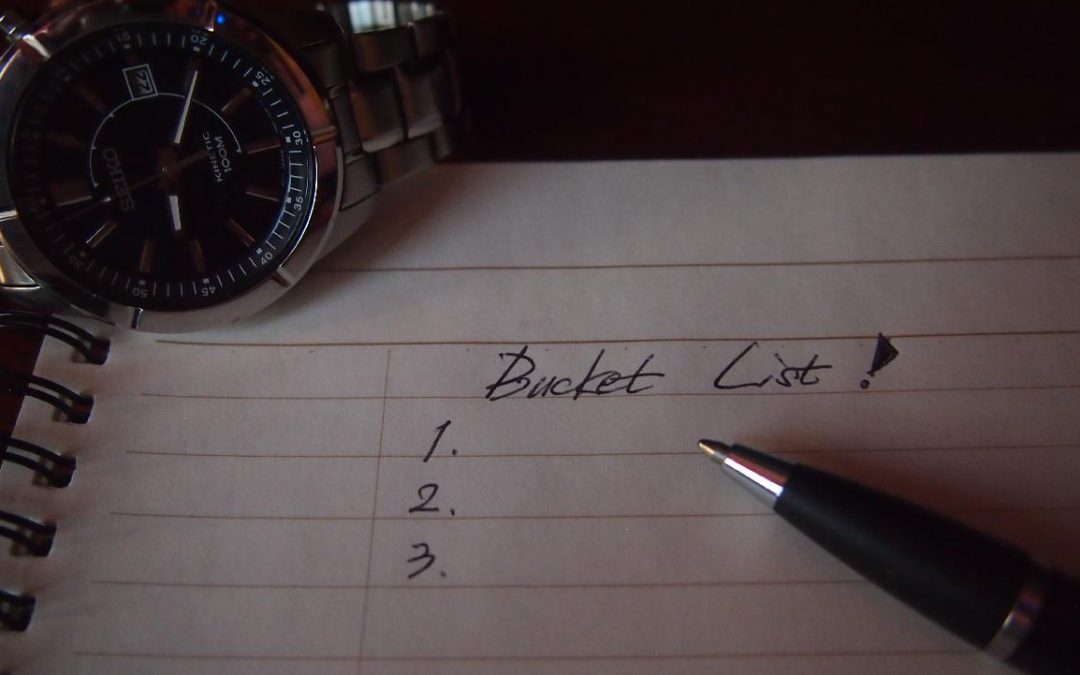If you’re trying to figure out how to get the important things done you may have to look at the brain.
The Planning/prioritization executive function skill is the ability to determine what is important and what is not, and to create a road map or step by step plan to complete the chosen tasks. This involves making decisions as to where your focus should be directed and the best way to do the tasks or reach your goals. You must think clearly about each project, think through the various steps, and set target dates.
If you have trouble prioritizing and don’t know where to start or how to proceed, you are weak in this skill.
In the last blog I mentioned the importance of creating an environment that makes it easier to develop the executive skill of task initiation. This is true with all the skills, but especially so with the skill of planning prioritization.
You must decide what has to be done and record these things so you don’t forget to do them, determine which ones are more important, and then decide how, when and in what order they should be done. Actually doing them requires a skill of task initiation, which was discussed in last week’s blog.
You could start by making a “To do” list or checklist of tasks, activities and projects to be completed. Checklists are normally used for repetitive activities such as packing for trips, preparing for meetings or shopping for supplies. These become standing plans since they are used over and over again. To do lists change daily and are best recorded directly into your daily planner, either hard copy or electronic. The problem with separate single-sheet “To do” lists is that they are easily misplaced or overlooked — especially if you have a weak organization skills, which is next week’s topic.
When you see all your tasks listed you are more easily able to compare them and select those of greater importance. Ask yourself which ones would have the greatest impact on your personal and business goals, and ultimately your success in life. At this stage you could put check marks on those of greater importance. Then take the more important ones and actually schedule them into your planner as though they were school classes. Example, “9 AM-10:30 AM, write article.” These become blocks of time in your planner – commitments to meet with yourself at specific times to get the work done.
Those items of lesser importance can be left on your “To do” list and you can do them later if you still have time after completing the priorities.
Don’t be fooled by items that are urgent, but not important. If not getting them done will have little impact on your job or life, leave them on a “To do” list to die a natural death.
As you practice this technique, your planning/prioritization skills will strengthen, as well as many of the other executive skills such as time management and organization.
You can make planning and prioritization a habit if you schedule planning time in your planner every day. For example, set aside a half-hour or more every afternoon or evening to compare the priority of those tasks that you have already scheduled for the balance of the week to those that you have added to your “To do” list in the meantime. Make any necessary adjustments. Priorities do change; but if you are constantly reviewing them, you will be certain to get the important things done.
And habits require less energy and forethought.
Successful People Read. A Lot.
What do Warren Buffett, Mark Zuckerberg, Elon Musk and Oprah Winfrey have in common? They all read - a LOT! If you want to be successful you need to read. We have over 30 short ebooks designed to get you booked up fast!



Recent Comments